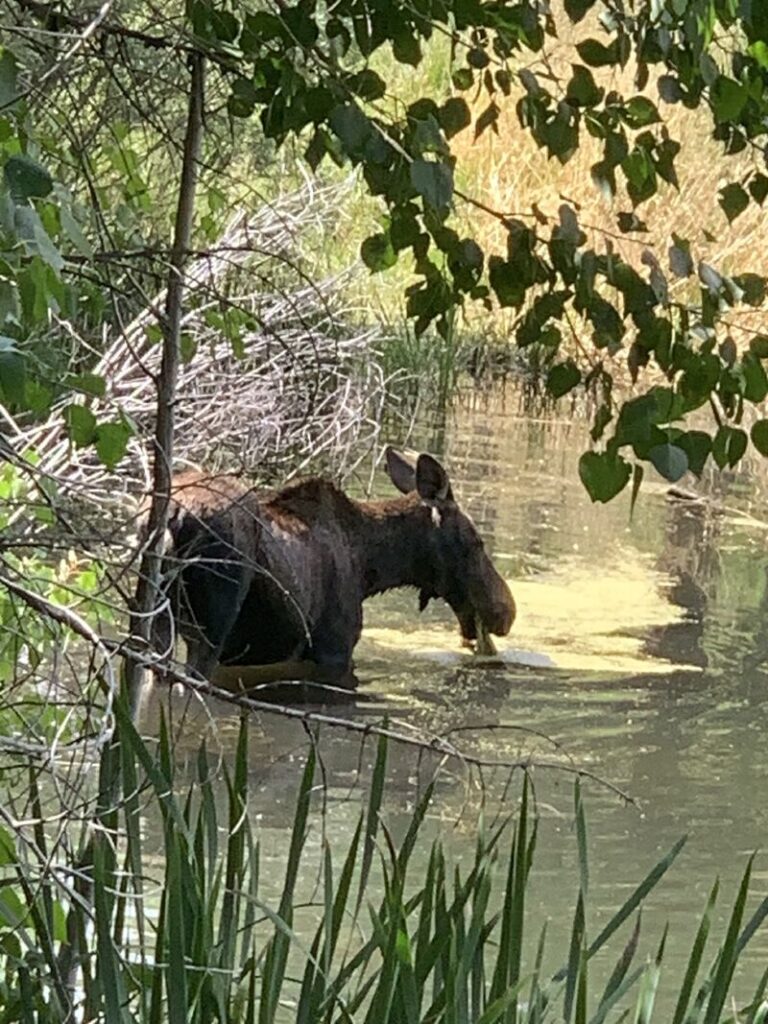The Faculty Pressure Cooker: Why Academia is Facing a Breaking Point
Universities manufacture their own troubles….
Our universities continue to accelerate the pace at which they churn out freshly minted PhDs despite a longstanding plateau in the number of faculty jobs available.
In the sciences, the likelihood of these talented, ambitious, and highly committed individuals eventually securing a coveted tenure-track faculty position is shockingly low. Many will instead find themselves spending years as a poorly compensated postdoctoral fellow. After sacrificing their 20s and 30s doing all the right things, most find that their goal of being a professor remains out of reach.
At the same time, growing stress and decreased job satisfaction are driving increased rates of tenured and tenure-track faculty resigning their coveted positions. Based on published data and the popularity of “quit lit,” far more spend their time contemplating this move. What gives?
During my 30 years successfully navigating this system, I have witnessed enormous changes in the work environment and culture of academia. Some changes have been unequivocally positive, most notably efforts to address longstanding gender inequities, and lack of faculty diversity and inclusion. Others have amplified the intensity of competition for increasingly scarce positions, research funding, and opportunities for career advancement. Competition can bring out the best in us, but chronic and relentless competition leads to toxic work environments, unhealthy levels of prolonged stress, and eventually burnout.
The sink-or-swim mentality that infuses university culture means that senior faculty often cannot be relied upon for mentorship. This is also reflected in the lack of quality career development resources to support trainees and faculty on their uncertain, and often lonely journey.
As a professor, I had the pleasure of mentoring many postdoctoral fellows and faculty to successful careers in research and teaching around the globe. When I chose to leave my tenured faculty job early, I made a commitment to continue this work because I know firsthand how voracious this profession can be.
Realizing your career aspirations in academia or elsewhere should not require sacrificing your health and well-being. If you can relate to any of this, I would love to hear your story.







